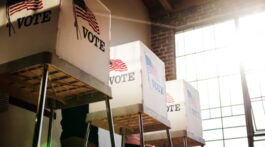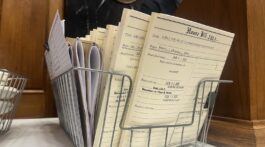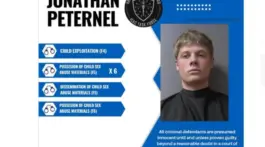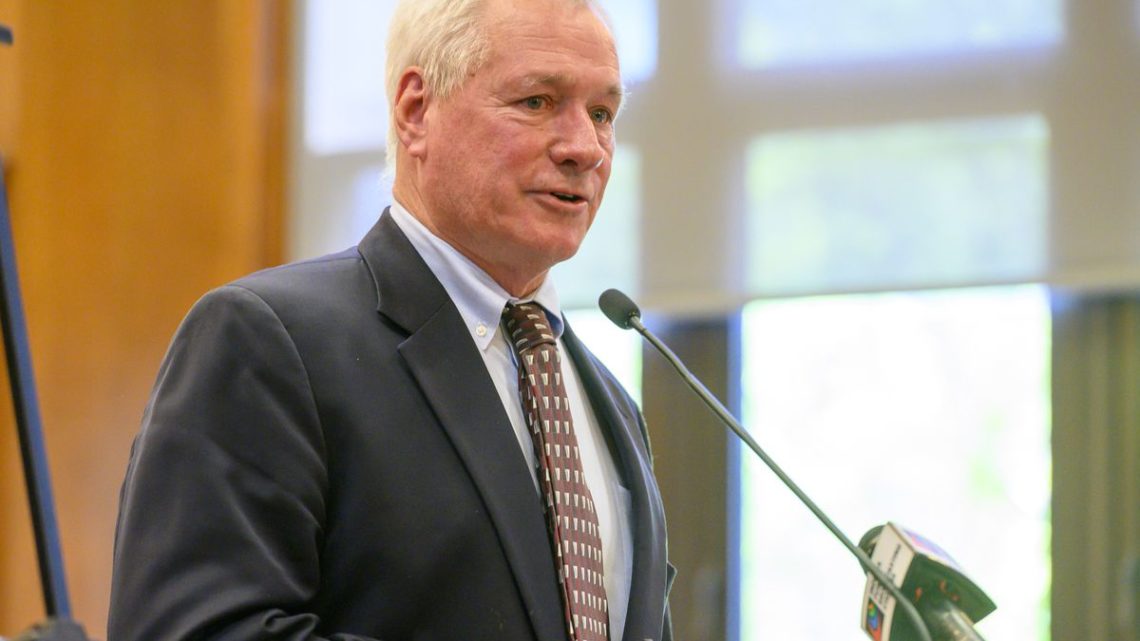Two men have pleaded guilty to federal crimes for their roles in paying and receiving secret political contributions through a middleman. Today, a former Indianapolis-based casino executive pleaded guilty to causing the casino company to make false statements on its federal tax return by concealing contributions to a local political party as deductible business expenses.
Last week, a former Indiana State Senator, charged in the same indictment, pleaded guilty to two charges: using sham donors to receive illegal contributions into his campaign for U.S. Congress, and making false statements to special agents of the Federal Bureau of Investigation.
According to court documents, John Keeler, 72, of Indianapolis, Indiana, former vice president and general counsel of Indiana-based casino company New Centaur LLC, paid $41,000 in New Centaur corporate funds to Maryland-based political consultant Kelley Rogers and directed him to funnel $25,000 to a local political party committee in Marion County, Indiana. To further conceal the nature of the contribution, Keeler caused New Centaur’s federal tax return filed with the Internal Revenue Service to falsely describe the $41,000 payment to Rogers as a deductible business expense.
Also, according to court documents, Darryl Brent Waltz, 48, of Greenwood, Indiana, a former Indiana State Senator and 2016 candidate for U.S. Congress, worked with Rogers to funnel $40,500 in illegal conduit contributions to his congressional campaign. Rogers directed corporate funds from New Centaur into the “Brent Waltz for Congress” campaign through over a dozen straw donors and Waltz himself. Waltz pleaded guilty to receiving these fictitious donations. Waltz also pleaded guilty to lying to and misleading FBI agents who were investigating the illegal contributions.
Keeler faces up to three years in prison, and Waltz faces up to ten years in prison. Their actual sentences will be determined by a federal district court judge and are typically less than the maximum penalties. Both men will be sentenced by Judge James R. Sweeney II at a later date.











